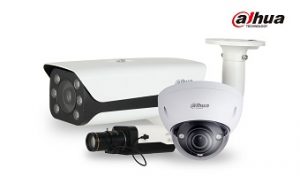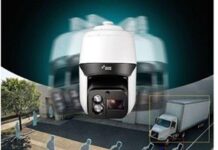
Dahua Technology has launched its Deepsense series of IP cameras consisting of AI-powered face detection network cameras and face recognition network cameras . Driven by AI deep-learning algorithms, this new series enables accurate face capture and face attributes analysis for real-time monitoring, mainly for applications such as business parks, schools, airports, banks and shopping mall key areas.
Based on Dahua’s AI-powered security technology, as well as industry leading wide dynamic range (WDR) technology, the Deepsense series IPC offers high clarity facial image shots, even in the most contrasting lighting conditions. In addition, it supports six different facial attributes extraction from the video and abstracts those different attributes including gender, age, expression (happy, calm, surprised, sad, and angry), glasses, mouth masks, and beard & moustache, which makes searching and tracking subjects of interest more efficient.
By taking pictures instead of recording video, Dahua’s new IPC effectively cut the bandwidth requirements as they achieve higher performance but with less storage. When a blurred or angled picture is detected, it will automatically be discarded, so that only the clearest and the most suitable images are sent for analysis, further saving bandwidth and storage space. Moreover, supported by advanced video encoding standards (H.265 & H.264), it saves up to 70% storage while maintaining high quality video compared to standard video compression standards, greatly reducing the total operation costs for the users.
After exporting the information into the built-in database (up to 10,000 facial images), Dahua’s Deepsense IPC offers a user-friendly and flexible method of data management, making face comparison more convenient. Additional functions such as black/white lists and stranger mode, those who are recognised as strangers or blacklisted people will trigger the alarm in advance, further improve the efficiency of monitoring. The system offers customisation for specific needs, and so allows users to control the similarity threshold, providing targeted face comparison according to specific user needs











